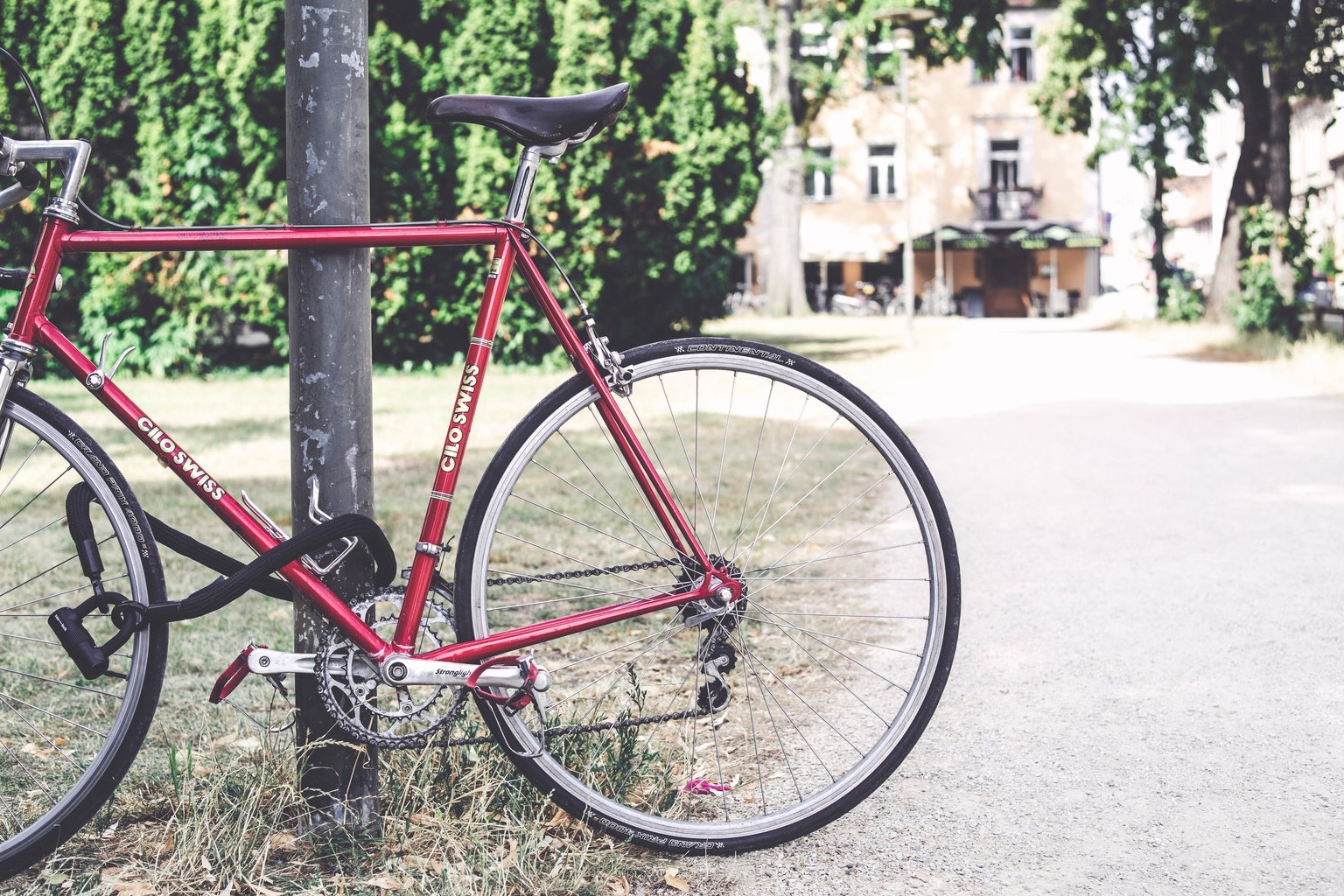In 2021, a global study of youth aged 16–25 revealed that 59% of respondents were “very or extremely worried” about climate change, and 84% were at least moderately concerned. That same year, a Canadian Youth Alliance for Climate Action study indicated that climate change was a top-five issue for young Canadians.
According to polls and reports from Statistics Canada, younger generations engage in environmental action more than older demographics. As more people aim to develop environmentally friendly habits, the concept of sustainability continues to trend upward in modern business, lifestyle, and social discourse.
In 1987, the United Nations defined sustainability as meeting today’s needs “without compromising the ability of future generations to meet their own needs.” Today, it is recognized as key in the fight against climate change.
However, developing and maintaining sustainable lifestyles can be costly and time-consuming. For students, who often have tight schedules and tighter budgets, this can mean that sustainable living may seem difficult to achieve.
It doesn’t need to be. Students are capable of developing environmentally sustainable habits while managing their time and finances responsibly, and environmentalists in Ottawa are happy to share how.
The Sustainable Student on a Schedule
Students are always busy with class, work, extracurriculars, and social events. To many, investing time into developing sustainable habits is challenging — but sustainability shouldn’t be placed on the back burner.
“The first rule of a sustainable life is a very simple rule: slow down,” John Milton said. A tenured professor of Environmental Studies at Carleton University, Milton explained that sustainable living requires people to engage more in daily life, to rediscover “the meaning of doing things” that is often lost to technology and convenience.
“Six minutes,” Milton said, gesturing to his freshly made pot of coffee as an example. “It took me basically six minutes to make that pot of coffee, … as opposed to thirty seconds [with a Keurig], getting a coffee mug, and going.”
“But what are the consequences of that?” he asked. “Those coffee pods, they’re not recyclable.”
He also believes that students will struggle to develop positive environmental habits when they are overloaded with obligations to school, work, and more. He said students need to make conscious choices about the type of lifestyle they want to live.
“It’s not just about a sustainable lifestyle,” he said. “It’s about a happy lifestyle.”
The Sustainable Student on a Budget
With pricey tuition and the high cost of living, students may believe that sustainable lifestyle choices are too expensive for their limited budgets. Dan Rutabingwa Gakire, a Climate Campaigner at Ecology Ottawa, challenged students to rethink this belief.
“Living sustainably actually saves us a lot of money,” Rutabingwa said, emphasizing the importance of minimalism and downsizing in sustainable lifestyles. He listed carpooling, taking public transport, using less water, and meal prepping as great ways to help save both money and the environment.
Milton also noted conscious food consumption as a key part of sustainability on a budget.
“Shop like the Europeans do,” Milton said. He suggested that students buy groceries regularly, but only items that are on sale. He notes that with the internet it’s easier to find recipes that use the specific ingredients purchased.
Paying attention to the food you buy ensures that less is thrown away due to lack of use, and promotes creativity in how and which meals are cooked. Most importantly, however, it allows students to eat more sustainably for a better price.
Getting Started
Any new venture can be overwhelming, so where to start with sustainable living?
According to Marianne Ariganello, a volunteer with the Ottawa South Eco-Action Network, students should start by finding where their energy and passion is focused.
“The whole idea of sustainable living is that it should be fun, right?” she said. “Don’t just make it a chore, because then you’re not going to stick to it.”
Students can also start by talking and thinking about their current lifestyles, as well as their sustainable goals.
“Just by pausing and thinking, you can do things better, more sustainably, … and more frugally,” Milton said.
Equally important is sharing knowledge.
“The information you’ve learned,” Rutabingwa said, “don’t keep it to yourself.”
Milton, Rutabingwa, and Ariganello all suggested that students could get involved in community and campus environmental organizations at Carleton and in Ottawa. Ariganello also recommended engaging in advocacy for a greater systemic shift to sustainability or participating in movements like the Global Climate Strike.
However, it’s important that students don’t get discouraged as they start their journey towards sustainability
“Don’t berate yourself if you don’t get it right the first time,” Ariganello said, because our society is not built for sustainability.
Moving Forward
These Ottawa environmentalists proved that living sustainably on a tight schedule and budget is possible. As students, developing a sustainable lifestyle can be our contribution to the fight against climate change. However, it shouldn’t be the only thing we do.
“Individual action is a great place to start,” Ariganello said, because making visible sustainable choices can be inspiring to both ourselves and others. To her, the downside of sustainable living is that the concept puts pressure on the individual alone to fight against an unsustainable society.
“What we really need to be looking at is how we make the world sustainable,” she said. “And that’s going to take collective action.”
“There’s only so much that students can do,” Rutabinwa said. He called on the government and public institutions to be more invested in developing sustainable initiatives.
So, what are the next steps for students wanting to engage with environmentally positive action?
“Send an email to your city councillor, to your MPP, to your MP, to the Minister of Environment,” Ariganello urged. She said that advocating as a citizen is a critical part of sustainable living — one is especially accessible to students as it doesn’t require much time or money.
“Whatever frustrates you,” she said, “use that to fuel you.”





